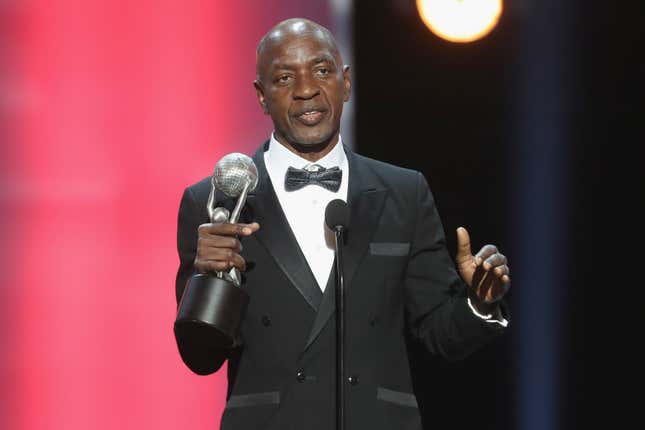
If the descendants of enslaved people in this country ever get reparations, many of the recipients probably won’t know the name Charles J. Ogletree Jr. But whether they know his name or not, anyone who benefits from possible reparations in the future, or any number of legal and social theories about the treatment of Black people in the United States, will owe him a debt.
Ogletree died of Alzheimer’s Disease on Friday at the age of 70 in Maryland, where he spent the last several years of his life. But he spent the most prominent part of his career as a professor and giant of a public intellectual at Harvard Law School. He helped lay what many still hoped would be the legal framework for Black Americans to receive recompense for the social and economic damage underpinned by the legacy of slavery. He advocated the same for the survivors of the Tulsa Massacre of 1921, a racially-motivated riot in which a still-uncounted number of Black residents of a thriving neighborhood were killed in an armed conflict with a white mob.
But Ogletree wasn’t just a legal theorist. He was an active and sought-after legal practitioner. He represented Anita Hill–herself a legal scholar–when she testified during Senate confirmation hearings that then-Supreme Court nominee Clarence Thomas had sexually harassed her. He was among the lawyers who represented Tupac Shakur in several legal cases before his death. He’s credited with being among the law professors who taught and influenced Barack and Michelle Obama. The courthouse in his native Merced County, Calif., was named after him earlier this year. His family donated a massive archive of his writings and other materials to Harvard Law School last year; the law school worked with The History Makers, a group dedicated to preserving important pieces of African-American history, to digitize the collection and make it accessible to the public.
Despite his lifetime accolades and stratospheric connections, Ogletree was anything but inaccessible. He allowed his students, colleagues and even casual acquaintances to address him as “Tree”— the shortening of his last name sufficing for most in the legal profession or among the Black elite to recognize the reference.
Ogletree revealed in 2016 that he’d be diagnosed with Alzheimer’s disease; he retired from Harvard Law in 2020.